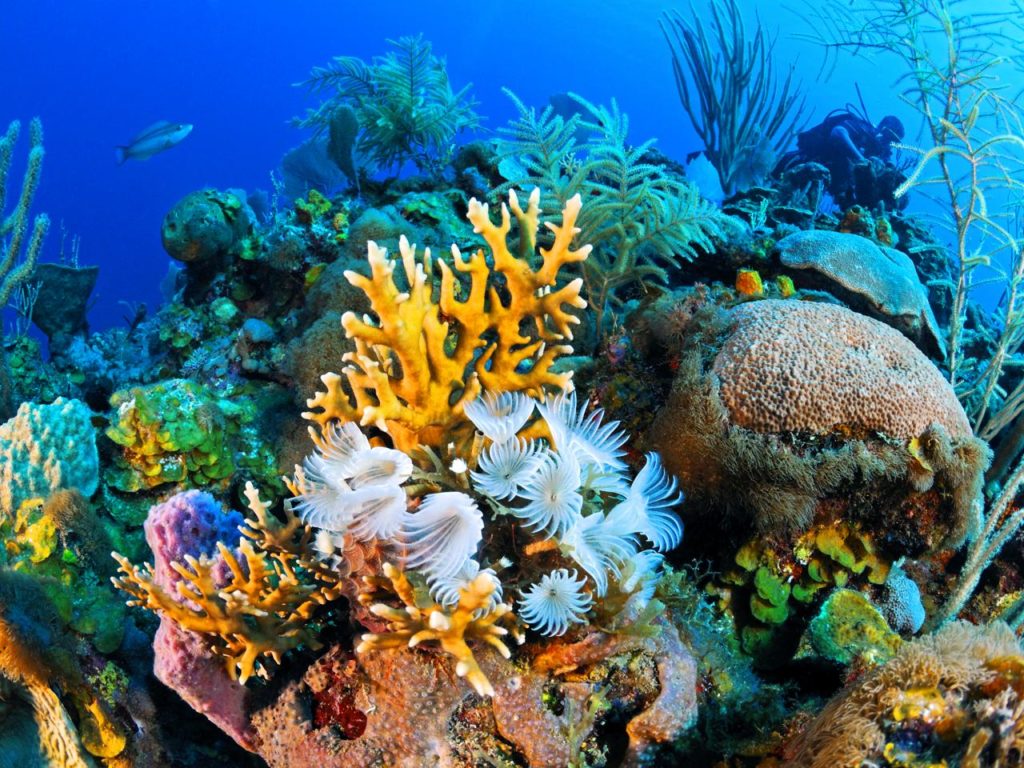Coral reefs are often referred to as the “rainforests of the sea” due to their incredible biodiversity and ecological importance. These underwater ecosystems are home to a staggering array of marine life, from colorful fish and majestic sea turtles to microscopic organisms and vibrant coral polyps. However, coral reefs are facing unprecedented threats from human activities, including climate change, pollution, and overfishing, putting these fragile ecosystems at risk of collapse. Here’s a closer look at coral reefs, their importance, and the challenges they face.
Biodiversity Hotspots: Coral reefs are among the most diverse ecosystems on the planet, supporting an estimated 25% of all marine species despite covering less than 1% of the ocean floor. These vibrant underwater communities are teeming with life, with thousands of species of fish, invertebrates, and algae calling coral reefs home. From the tiny pygmy seahorse to the massive whale shark, coral reefs are a haven for marine life of all shapes and sizes, making them a hotspot of biodiversity in the world’s oceans.
Ecosystem Services: In addition to their ecological importance, coral reefs provide a wide range of ecosystem services that are essential for human well-being. Reefs act as natural barriers, protecting coastal communities from storms, erosion, and flooding. They also support local economies through tourism, fishing, and recreation, providing jobs and income for millions of people around the world. Furthermore, coral reefs are valuable sources of new medicines and scientific discoveries, with potential applications in fields such as medicine, biotechnology, and environmental conservation.

